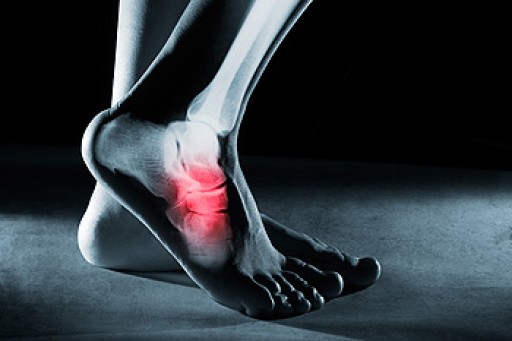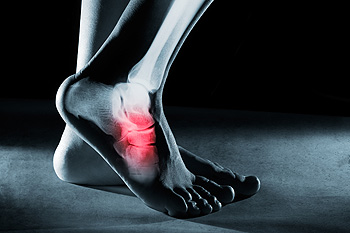Women who wear high heels and are in their 30s and 40s are most at risk of developing Morton’s neuroma: a thickening of nerve tissues between bones on the bottom of the toes. This can cause a burning pain in the ball of the foot that graduates to a numbness or intense pins-and-needles feeling between the 3rd and 4th toes. Typical treatment for those with Morton’s neuroma calls for a change in footwear, either OTC or prescription painkillers and anti-inflammatory medications. If the condition persists for more than a year, a possible surgical solution to remove the damaged nerve or an endoscopic decompression to fix the nerve may become necessary. To learn more about treatment for Morton’s neuroma, please consult with a podiatrist.
Morton’s neuroma is a very uncomfortable condition to live with. If you think you have Morton’s neuroma, contact one of our podiatrists of Illinois . Our doctors will attend to all of your foot care needs and answer any of your related questions.
Morton’s Neuroma
Morton's neuroma is a painful foot condition that commonly affects the areas between the second and third or third and fourth toe, although other areas of the foot are also susceptible. Morton’s neuroma is caused by an inflamed nerve in the foot that is being squeezed and aggravated by surrounding bones.
What Increases the Chances of Having Morton’s Neuroma?
- Ill-fitting high heels or shoes that add pressure to the toe or foot
- Jogging, running or any sport that involves constant impact to the foot
- Flat feet, bunions, and any other foot deformities
Morton’s neuroma is a very treatable condition. Orthotics and shoe inserts can often be used to alleviate the pain on the forefront of the feet. In more severe cases, corticosteroids can also be prescribed. In order to figure out the best treatment for your neuroma, it’s recommended to seek the care of a podiatrist who can diagnose your condition and provide different treatment options.
If you have any questions, please feel free to contact our offices located in Wheeling and Berwyn, IL . We offer the newest diagnostic and treatment technologies for all your foot care needs.
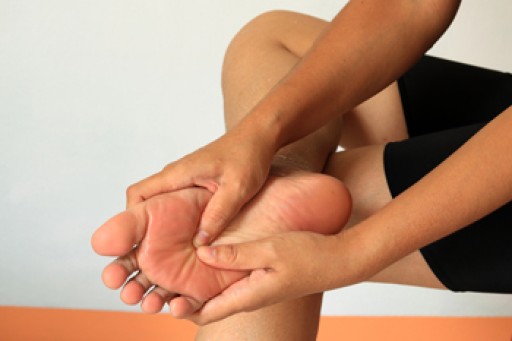
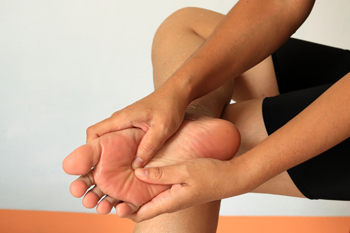
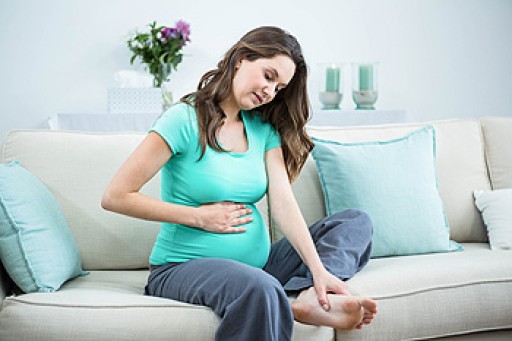

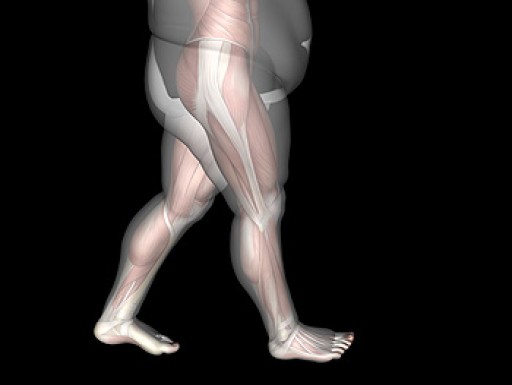



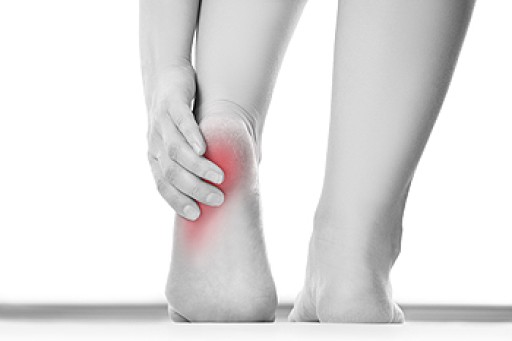
 Heel pain
Heel pain